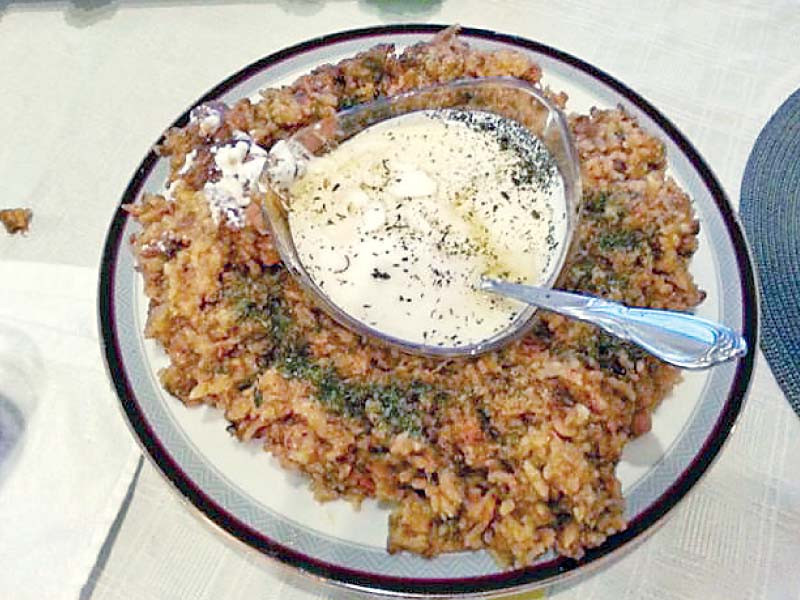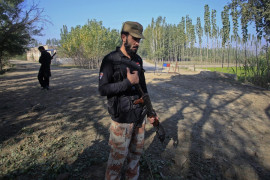
The harvest of Munjai rice across Lower Dir District is almost complete. It is ready to be processed and then sold to the local dealers by the farmers who earn a decent income out of the crop.
Munjai is considered a local delicacy in Lower and Upper Dir districts of the Khyber-Pakhtunkhwa (K-P) where it is cultivated for centuries. The rice is so in demand that it is sold for Rs6500 per 40 kilos despite the fact that it is not like sila rice.
“It was cooked with desi ghee and yoghurt traditionally and once upon a time was considered an essential part of the local diet of the area. It is basically what others call ‘mota chawal’,” said a local resident Qazi Shoaib while talking to The Express Tribune. He said that it is sent as a gift by the locals to friends in other parts of the province and country.
“Needless to say that I like this rice very much. It is simply delicious,” he added.
There are hundreds of dealers and shop keepers involved in the sale and purchase of this commodity.
According to the Agriculture Department Lower Dir, Munjai rice is cultivated on at least 23,000 acres of land locally and the total production stands at 26,000 tons per annum.
“Around 40,000 farmers are involved and earn a living from it not to mention dealers and seasonal farm workers. So it is considered a cash crop,” said Director Agriculture Dir Murad Ali Khan.
He said that the rice is known as JP-5 technically.
Local farmers, however, blame that there is no assistance from the government in the cultivation of the rice.
“Taking into account the taste of this rice I think it could capture a sizeable portion of the market if we can supply it in quantity to Peshawar, Lahore or Karachi. It would increase our income and provide the consumers with a qualitative product,” claimed a farmer Noorul Amin.
“But to increase your production you have to develop a better variety of this rice as we need modern irrigation techniques as well as fertilisers too,” he said.
Others farmers also blamed that government was not interested in promoting the local verities of rice and fruits and it lack the will to undertake such projects.
It is worth noting here that similar rice verities exist in the mountainous regions of K-P including Swat and Hazara as well as Khyber tribal district with different names. All of them are collectively called JP-5 by experts.
Published in The Express Tribune, October 17th, 2021.



1719660634-1/BeFunky-collage-nicole-(1)1719660634-1-165x106.webp)

1732276540-0/kim-(10)1732276540-0-165x106.webp)











COMMENTS
Comments are moderated and generally will be posted if they are on-topic and not abusive.
For more information, please see our Comments FAQ